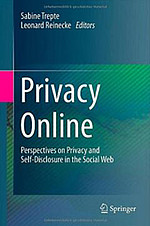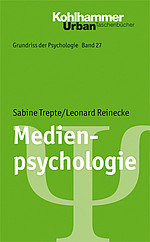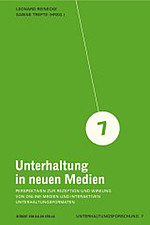Research
The chair deals with psychological aspects of media use. In particular, the following topics are the main focus of its research activities:
- Privacy, self-disclosure and social support on the social web
- knowledge and use of media
- media and identity
- entertainment and media
In the following, we briefly present these research points by means of selected aspects and projects.




